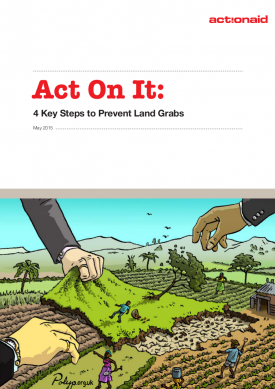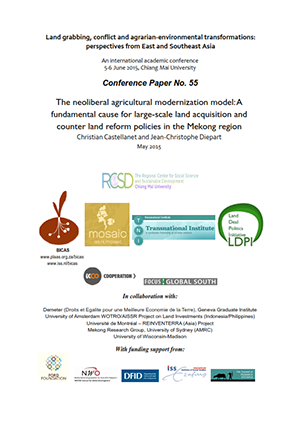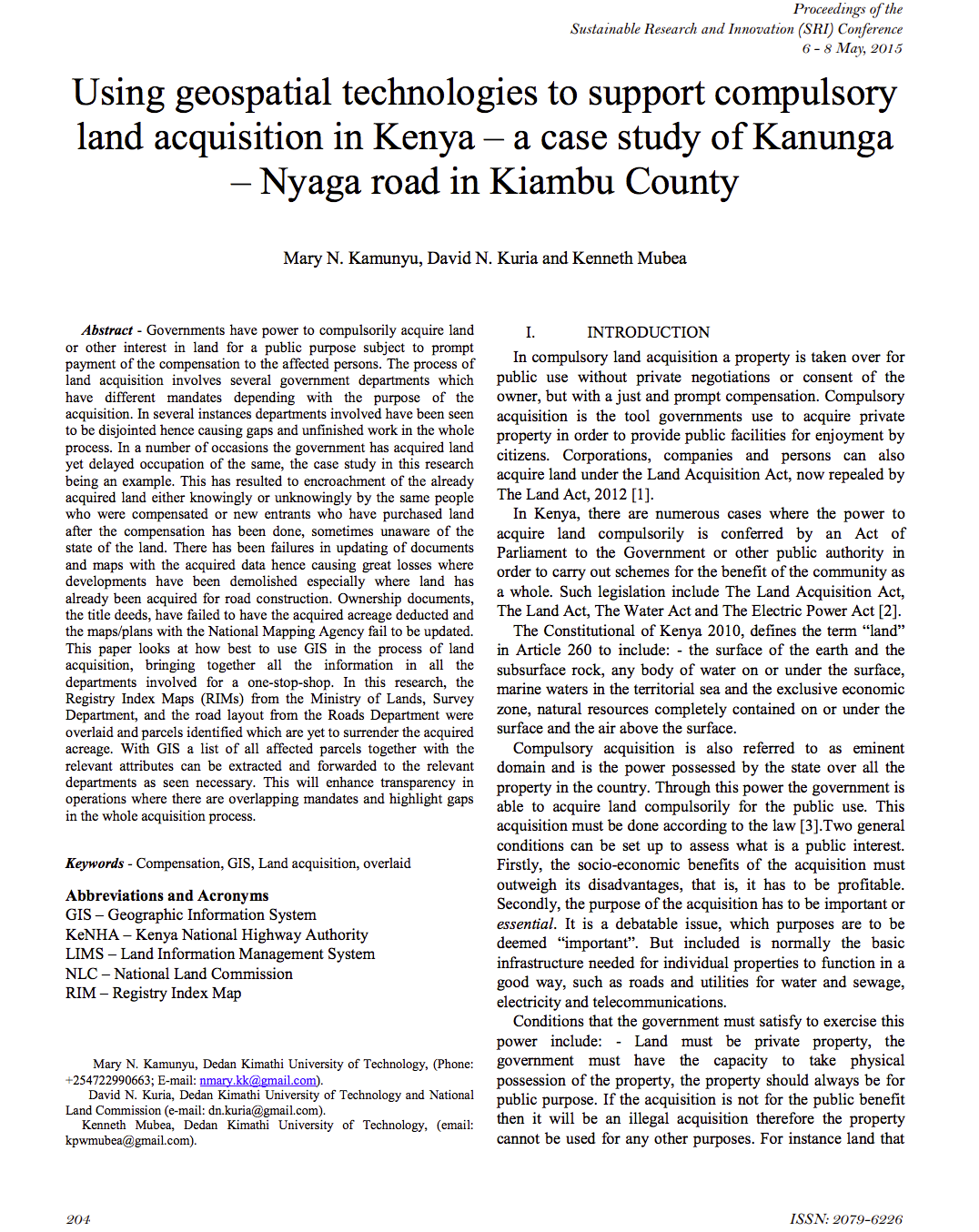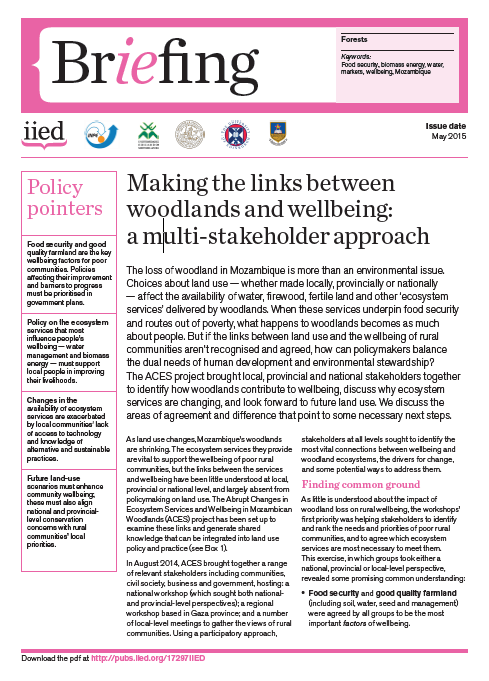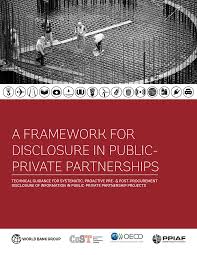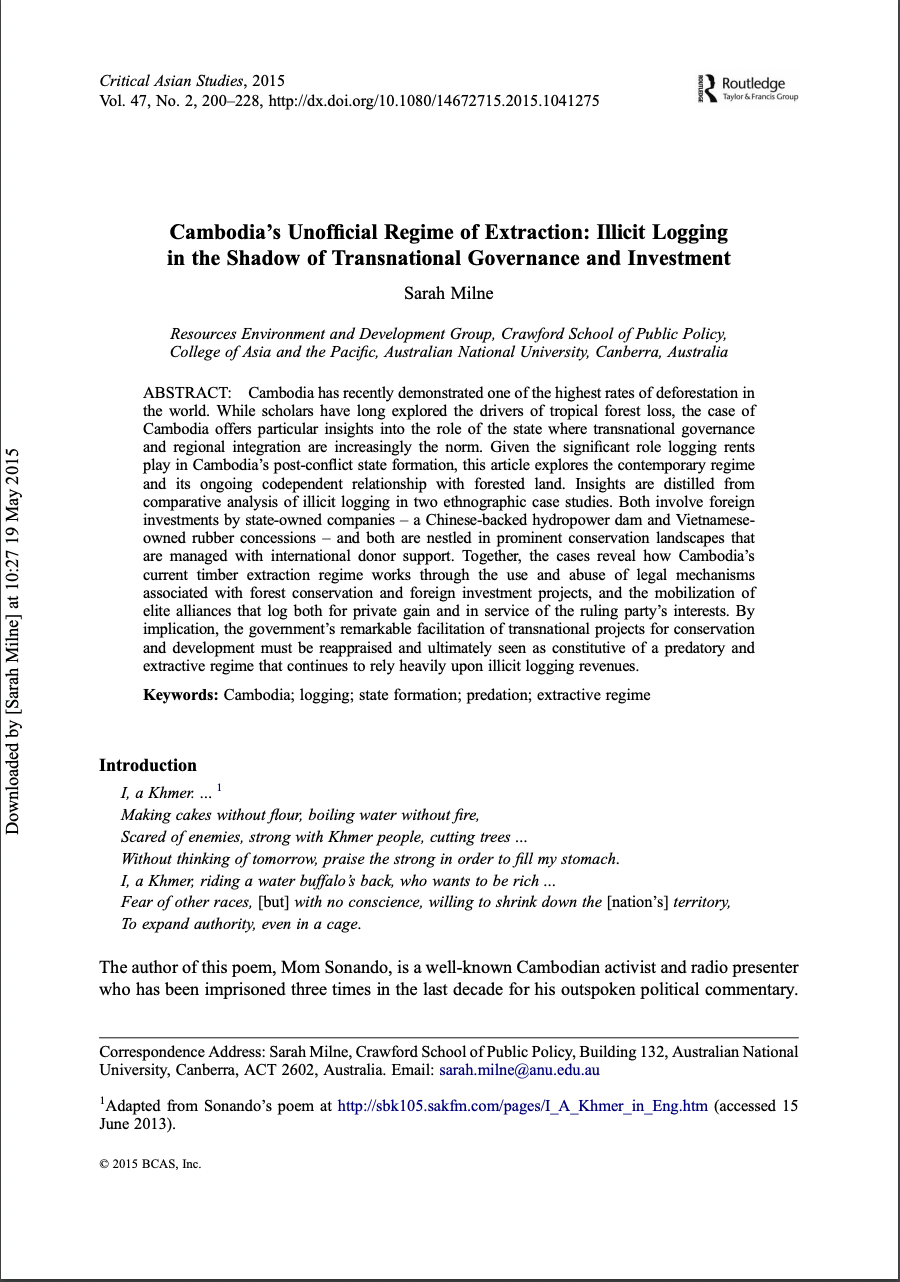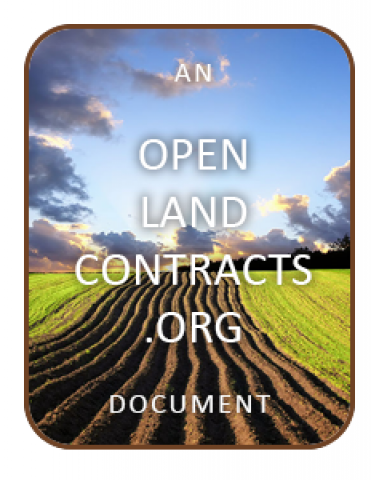Act On It! Four key steps to stop land grabs
Over the past 15 years, tens of millions of hectares of land have been acquired by large investors in developing countries. The Land Matrix documented 1,037 transnational land deals covering 37,842,371 hectares during this period, while many more deals remain undocumented.1 This global land rush is causing widespread forced evictions and denial of access to key land and natural resources for millions of women, small- scale food producers, pastoralists, gatherers, forest dwellers, fisherfolk, and tribal and indigenous peoples.

